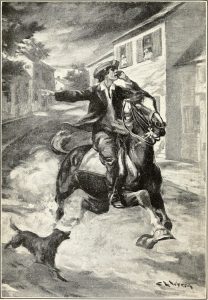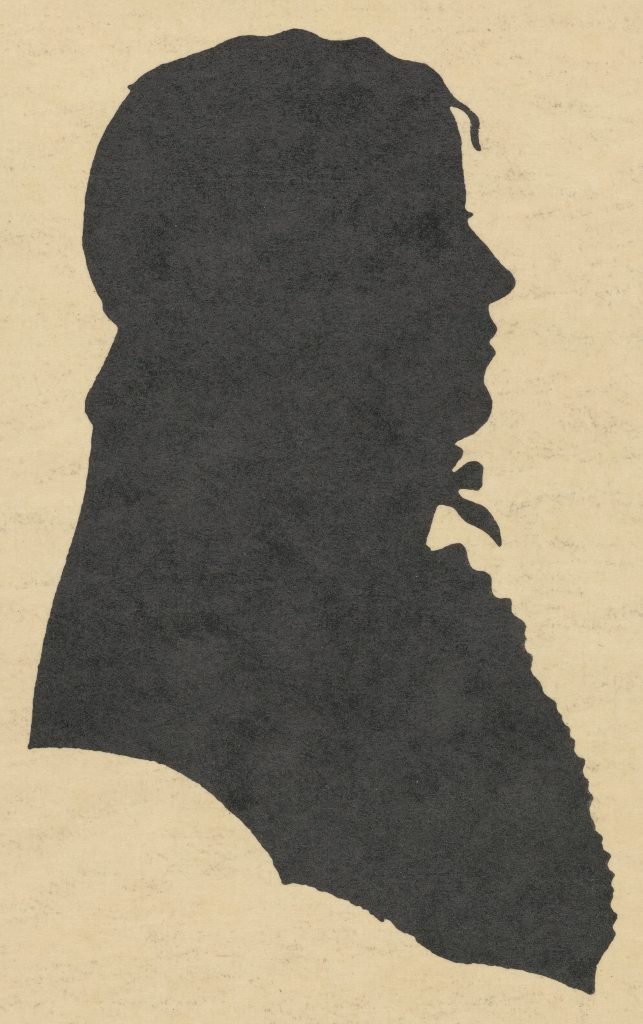Descendants of Revolutionary Riders in the Civil War

Most Americans know the story of Paul Revere and William Dawes and their midnight ride on April 18-19, 1775, through the Massachusetts countryside (Revere’s role is better know than Dawes’). I would wager that most readers of this blog know the stories of their Civil War ancestors, too.
Revere had three grandchildren serve in the United States Army during the American Civil War. Surgeon Edward Hutchison Revere was killed in the West Woods during the Battle of Antietam on September 17, 1862. Edward’s brother Paul survived Antietam only to die on July 4, 1863, from wounds received during the Battle of Gettysburg. Joseph Revere survived the war but resigned from the army after being sentenced to be dismissed following the Battle of Chancellorsville.
Dawes’ great-grandson Rufus was an officer in the 6th Wisconsin Infantry, part of the Black Hat, or Iron, Brigade. Dawes likewise fought at Antietam, Chancellorsville, and Gettysburg. He survived all three (and many more engagements), became a United States Congressman, and wrote one of the best memoirs by a Civil War veteran.

I have worked and lived in Virginia long enough to learn of a third Revolutionary rider. Though he did not accompany Dawes and Revere in April 1775, he is known as “the Paul Revere of the South.” John Jouett Jr., better known as Jack Jouett, rode through 40 miles of Virginia countryside on the night of June 3, 1781, to warn Virginia’s governor and Declaration of Independence author Thomas Jefferson of an advancing British force. Jouett reached Jefferson’s Monticello on the morning of June 4 in time to warn him before he sped off to nearby Charlottesville to warn Virginia’s legislators, who fled there from Richmond. Jouett’s ride prevented theirs and Jefferson’s capture.
It surprised me then while reading about the 15th Kentucky Infantry (US) to learn that its lieutenant colonel was George Payne Jouett, who died at the Battle of Perryville on October 8, 1862. The last name was familiar and my curiosity was immediately peaked: was this another descendant of a famous Revolutionary rider? After some quick family tree splicing, I confirmed that George Payne Jouett is the grandson of Jack Jouett.
It never ceases to amaze me how some American families found themselves playing prominent roles in both the Revolutionary and Civil wars. In the case of the Dawes, Jouett, and Revere families, they aided in the creation of the United States and helped preserve it with their blood.
Thanks for the post. I strongly recommend Rufus Dawes’s memoir.
Thanks for this. People in Central Kentucky know the Jouetts, as the Jack Jouett House in Versailles is a historic site. Perryville Battlefield has a marker detailing the 15th’s part in the battle and the younger Jouett’s death. There’s also a great history of the 15th Kentucky (US) that was published about 10-15 years ago.
Your article brings to mind the legend (myth?) of 16 years’ old Sybil Ludington who may, or may not, have ridden 40 miles in darkness from Putnam County NY to Danbury, Connecticut to warn Patriots of the advancing British; April 26/27/1777.